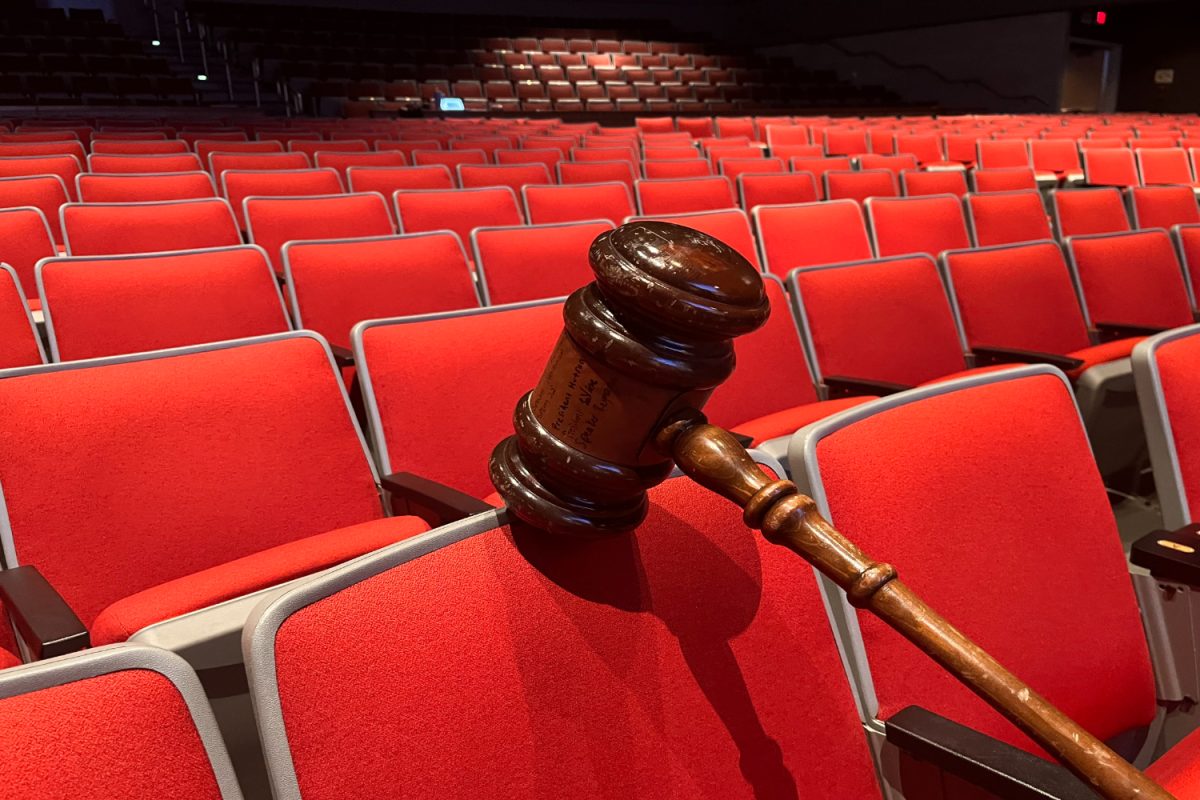On April 23, all government classes gathered in the auditorium for the 26th Mock Congress. Students have been preparing their own bills to present and vote. From bill authors to Speaker of the House, all government students take on different government roles that allow them to work through a detailed process that mimics the U.S. legislative system. The President is first sworn in, then the student Congress, and then they hit the gavel to begin.
There were a lot of bills presented that night. One of them suggested physiological evaluations before being able to own a gun. Another, more conservative bill suggested immigrant caps, delegating green cards based on a first-come come first-serve basis to countries with the biggest backlogs. Another bill suggested that pharmaceutical companies have open, honest policies about treatment and medicine. The fourth bill presented suggested regulating the sale and distribution of anti-ageing beauty products to individuals under the age of sixteen. The bill presented after that suggested incentivising special education by waiving education fees for those who graduate in special education to target the lack of special educators in recent years. Another bill wanted to ensure allergy training to prevent cross-contamination. One bill proposed that senior citizens above 65 years of age retake driving exams every three years. The final bill presented that school day suggested that there be more funding aiming to aid students’ mental health.
All of these bills must have passed individual committees before being presented to their respective legislative sections. After they are debated, the bills finally face either a presidential approval or veto.
“In our government classes, we learn how Congress works,” senior Inaya Khair said. “But this simulation gives us a real-life feeling of how legislation actually happens.”
This semester’s simulation saw a President who didn’t always agree with Congress, vetoing some bills and issuing a signing statement. When the President signs a bill while explaining his justifications, like they did with the special education bill, it adds a layer of realism not often seen in classroom settings. While partisanship is absent, students still navigate ideological differences and learn how to negotiate, advocate and compromise.
“This is what really makes government real,” government teacher Susan Fuhrer said. “It’s not just reading about it—it’s doing it.”
The experience wasn’t just educational, it was inspiring. For Khair and her classmates, it offered a window into potential careers in politics, law or public policy. For those not headed down that path, it offered something just as valuable: a clearer understanding of how their government works.





